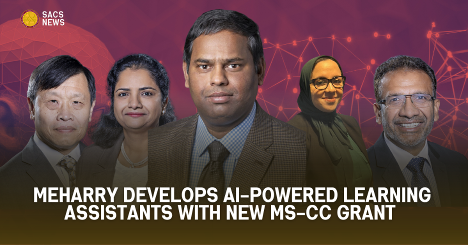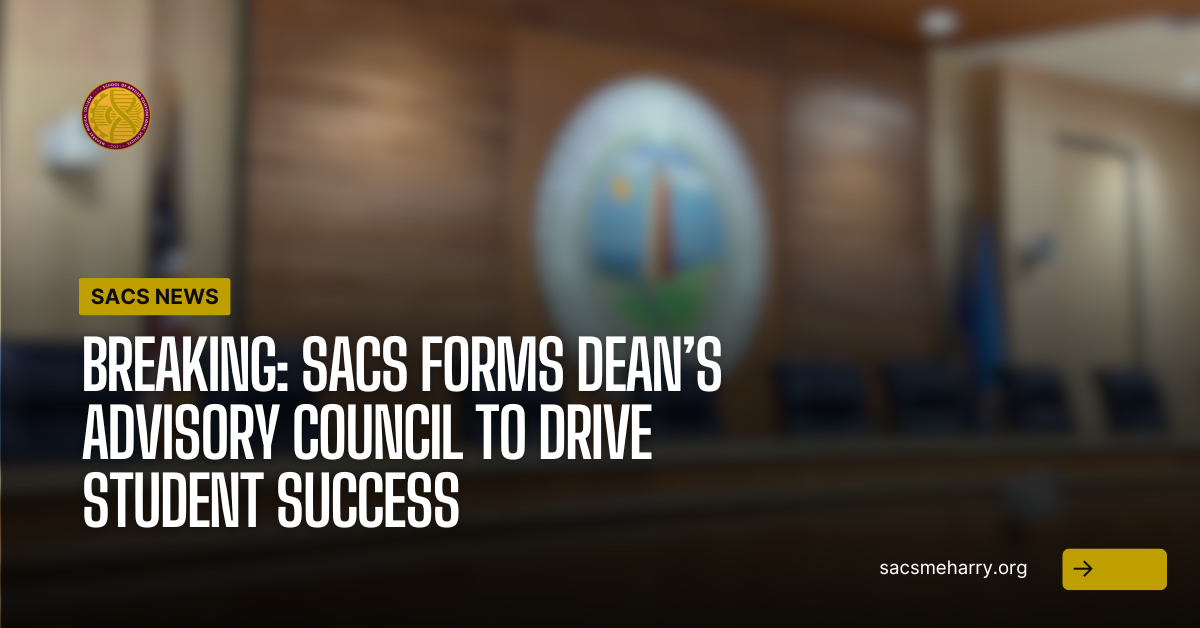Lorrayya Williams wanted to use deep learning to help fight cancer. Alongside principal investigator and Meharry SACS professor Vibhuti Gupta, the two worked together to develop a model to do it.
From the time she was an undergraduate student at Calvin University, Williams had an interest in genomics.
“I really wanted something that combines my love for genetics and also my love for AI and deep learning,” says Williams. “So, when I heard about this project, I felt like it would be perfect.”
In her research, Williams studies and identifies viral integration sites in tumor genomes. But she learned more about more than genomics during her course of study.
“I learned how to be an independent researcher and how to think ahead about a project, and how to break it down into week-by-week paths,” says Williams.
“You have this big overarching project of detecting viral integration sites in tumor genomes and that’s really broad and really large, and so to break that down into smaller chunks that you can digest is something that I really learned.”
And last year, her hard work paid off. Williams proposed not just one, but three novel algorithms for identifying viral integration sites in tumor genomes, with applications in preventing viral-mediated cancers.
Her work was accepted into the IEEE Big Data Conference 2024, where she was invited to present her findings.
“I was really, really excited when I got accepted,” says Williams. “I posted about it and shared with all my friends and family. It was a really exciting time.”
In December, Williams traveled to Washington, D.C. for three days to present her research. This was Williams’ first time giving an extended presentation, lasting for 25 minutes with an additional five minutes for questions.
To prepare for the occasion, Williams used the suite of resources available to her as a student at Meharry SACS.
“Learning to get more comfortable speaking about my research in public is something that I learned in this process,” says Williams.
“I was given the opportunity to practice with my PI and I was also given the background skills to be able to do this research,” Williams says. “I felt like it really prepared me well to go and attend this conference.”
With IEE Big Data 2024 behind her, Williams now looks ahead to the future. In the short-term, she plans to graduate, defend her thesis and continue her research until she can publish a full-length journal article. And in the long-term, she plans to continue to help find new ways to use computer science fight cancer.
“Eventually, I would like to develop a software program that allows for researchers to be able to better identify possible viral insertions, specifically cryptic viral insertions, within tumor genomes.”



